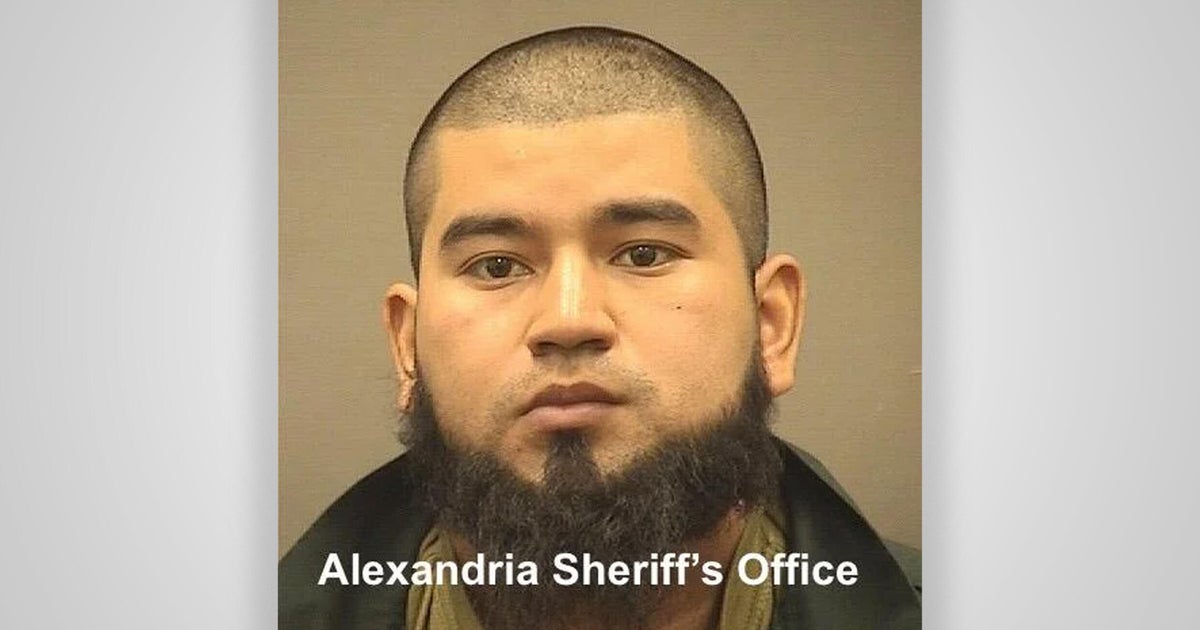In a recent legal development that has stirred considerable attention, Senior U.S. District Judge Claude M. Hilton dismissed all criminal charges against Henrry Villatoro Santos, previously accused of being a regional leader of the notorious MS-13 gang. This decision, delivered in a federal court in Virginia, has opened the door for what appears to be swift deportation proceedings against Villatoro Santos.
The Justice Department, earlier this month, had submitted a request to the court seeking the dismissal of charges against Villatoro Santos. This move closely aligns with the government’s intention to manage his case through deportation rather than domestic criminal proceedings. The presence of a U.S. Marshal from the Fugitive Task Force in the courtroom hinted at an imminent transfer of Villatoro Santos to immigration authorities following the conclusion of the hearing. Villatoro Santos’ defense attorney, Muhammad Elsayed, noted that his client could be taken into immigration custody almost immediately, indicating the rapid pace at which the government was moving to deport him.
Villatoro Santos came into the limelight last month when his arrest was dramatically announced during a nationally televised news conference headlined by Attorney General Pam Bondi. During this event, Bondi described Villatoro Santos as the “East Coast leader” of MS-13, a transnational gang known for its violent crimes. She accused him of orchestrating a series of violent criminal activities that spanned across the United States. However, despite these serious allegations, the Justice Department, in its subsequent legal maneuverings, did not directly link Villatoro Santos to any specific acts of violence, a point that Villatoro Santos’ legal team emphasized repeatedly.
During the court proceedings, Villatoro Santos’ attorney, Elsayed, argued that the case against his client was highly unusual and expressed concerns regarding the transparency and the motives behind the decision to drop the charges. Questioning whether the motion to dismiss the charges was made in good faith, Elsayed highlighted the absence of a clear explanation from the Justice Department. He stressed the need for clarity on the legal processes that would follow, intimating that further legal proceedings could potentially unfold.
Adding complexity to the case, it emerged during the proceedings that Villatoro Santos had been facing a federal felony gun possession charge in Virginia. Interestingly, the criminal charge documents made only a brief mention of his alleged association with MS-13. An affidavit from an immigration officer noted that FBI agents and task force officers had observed signs of MS-13 involvement in the garage bedroom of Villatoro Santos’ home, providing some material connection to his alleged gang affiliations.
Elsayed also accused the Justice Department of misusing Rule 48(a) — a procedural rule involved in dismissing indictments — arguing that this amounted to an attempt to circumvent due process protections. Elsayed painted this as an effort to enable Villatoro Santos’ deportation without the robust procedural safeguards typically afforded in criminal trials.
This legal drama also prompted Elsayed to draw parallels with other politically sensitive legal dismissals, perhaps most notably citing the case of New York City Mayor Eric Adams, whose own legal issues had previously garnered significant public and media attention. Additionally, Elsayed articulated concerns about a potentially unlawful deportation, referring to prior instances where government actions had seemingly defied judicial orders in immigration cases.
On the other side, government attorneys defended their position by insisting that the defense’s attempts to prolong the legal proceedings were unwarranted. They argued that Villatoro Santos could not indefinitely “tread water on the criminal docket,” indicating a clear intent to push forward with his deportation.
This case underscores the intricate interplay between federal law enforcement priorities, immigration policy, and individual rights. As it stands, the dismissal of charges against Henrry Villatoro Santos serves as a stark reminder of the complexities and controversies that can emerge at the confluence of national security concerns, immigration law, and the judicial process. As the situation unfolds, key stakeholders and observers remain keenly attentive to the potential legal and ethical implications of this high-profile deportation case.









